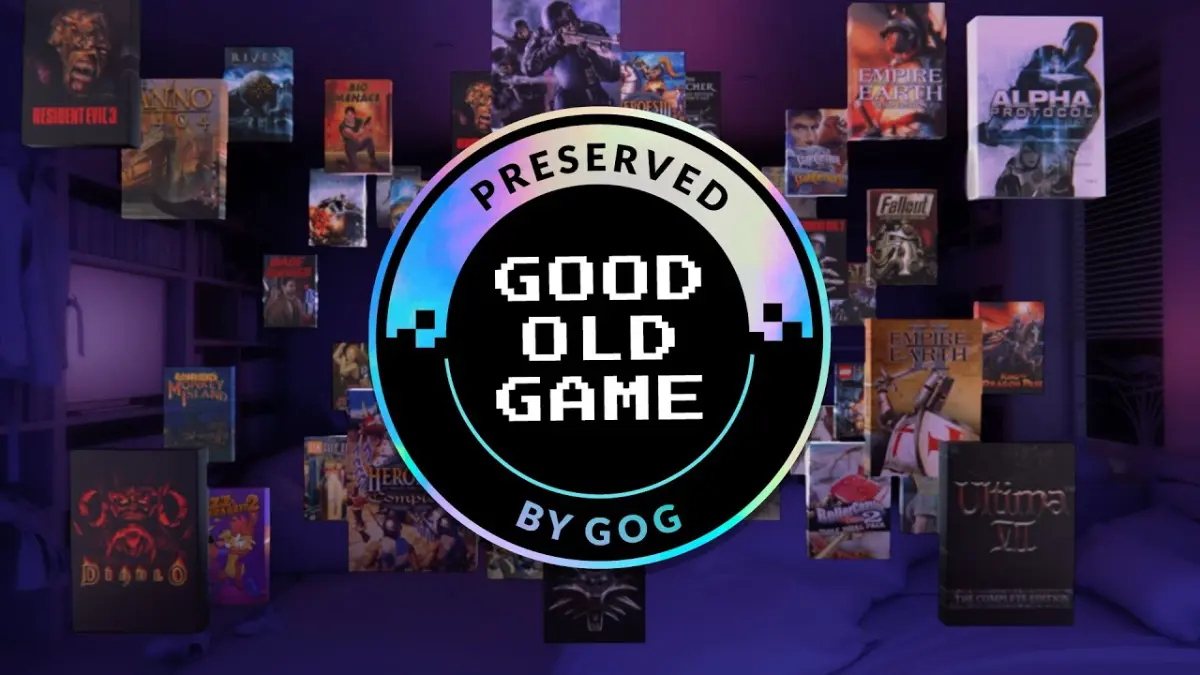Digital games retailer GOG launched a campaign titled “FreedomToBuy” that saw over one million users claim free games within the first 24 hours. The giveaway, designed to raise awareness about censorship in digital games, specifically targeted what GOG describes as “silent censorship”—situations where games are effectively made unavailable due to decisions by payment processors and other intermediaries rather than actual legal restrictions.
The campaign offered a bundle of games that have previously faced barriers due to their controversial content. Titles included adult-themed puzzle game HuniePop and the notorious first-person shooter Postal 2, both games that have faced distribution challenges despite being legal in many territories.
Due to overwhelming traffic, many users experienced technical difficulties when trying to redeem the free bundle. Problems included error messages about codes already being used, issues with region-locked content, and server timeouts. In response to these difficulties, GOG extended the claim window by several hours to allow more players to participate.
A major complication came up for users in certain regions, as some games in the bundle were unavailable in specific countries due to local laws. This prevented users in those locations from claiming the entire package. Resourceful gamers discovered workarounds, including redeeming games individually or adding the bundle to their cart via direct URLs.
The “FreedomToBuy” campaign comes at a time with ongoing talks about digital censorship, particularly regarding the increasing role of financial entities in restricting access to legal content. Payment processors like Visa and Mastercard have basically become gatekeepers, sometimes refusing to process payments for games with controversial themes even when those games break no laws.
GOG, which is operated by CD Projekt (creators of The Witcher and Cyberpunk 2077), has built its reputation on being DRM-free and consumer-friendly. However, the company has found itself dealing with its own censorship controversies in the past, most notably when it removed the Taiwanese horror game Devotion in 2019 following political backlash.
When servers can’t handle freedom
The massive response to GOG’s campaign—nicknamed the “hug of death” by some users when servers struggled to keep up—shows both the popularity of free game giveaways and how much anti-censorship messaging connects with the gaming community. Many users praised GOG’s move, with one commenter calling it “top tier work” and noting that some games “vanish not because they broke the law but because someone decided they shouldn’t exist.”
GOG’s effort calls attention to the tricky reality of digital distribution in a global market, where regional restrictions, payment processor rules, and platform self-regulation all affect what games are available to players around the world.

